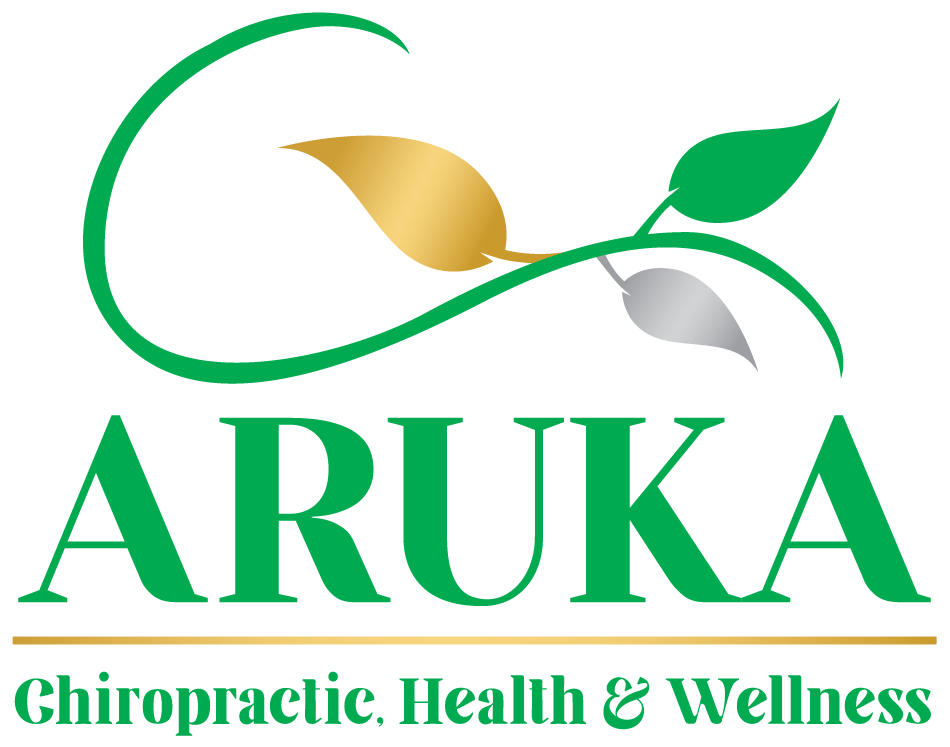November 11, 2023
The addition of artificial additives, preservatives, flavours and colours to food is not new. In fact people have been adding preservatives and supplements to food for centuries. What is new however is the amount of these additives we are consuming, this is concerning not only for ourselves but for future generations as well. In the 1960′s we each consumed 1.36kg of artificial additives, in the 70′s this reached 2.72kg, in the 90′s it was 4.52kg and today it’s greater that 5kg per year! Wow! So if the amount of additives we’re eating has almost quadrupled, what effect has this had on our health? The problem with food additives is there are literally thousands of them, presently there’s about 3794! So researching each one effectively is extremely time consuming. So really the long term and combined effects of these additives on our health is not well known, and to complicate things further, the research tends to contradict itself with some studies claiming there are no negative effects, while others link additives to specific reactions and disorders. Here I’m going to cover some of the more well researched additives: Tartrazine – Termed an anti-nutrient, this additive is normally used as a dye for soft drinks. In aspirin and allergy sensitive individuals tartrazine can cause asthma, hives, a runny nose, heart palpitations, itching or weakness. Hyperactive children are thought to be particularly sensitive, with ingestion causing abnormal behaviour patterns and high levels of zinc loss. Zinc is vitally important as in plays a role in both physical growth and neurological development so for growing children it is best to avoid this additive. Benzoates – these preservatives are found in fruit based fillings, jams, soft drinks and beer. It has been known to cause hives, swelling and asthma symptoms. And has been directly linked to childhood hyperactivity. Saccharin – is one of the oldest and most contentious artificial sweeteners. Used in sweetening tablets, diet soft drinks and lollies. The battle over saccharin has been bitterly fought with countries barring and then reinstating its use. The point of contention lies in studies which show saccharin can cause cancer and congenital malformations in animals, while other studies say its poses no risk to humans. until research can be clear on the implications of this additive, my advice is to avoid it. Aspartame – The most widely used sweetener, has been linked to hyperactive and aggressive behaviour. Concerningly it may also be linked to the steep rise in brain cancer over the past 4 decades. In people with a history of depression, consumption of aspartame resulted in such severe m odd reactions that the study had to be halted. Considering this is the most popular food sweetener, these studies are alarming. To avoid food additives follow these simple rules: Avoid the centre of the supermarket – stick to the outside where the produce is fresh Chose food as close to nature as possible because it means little if anything is added




